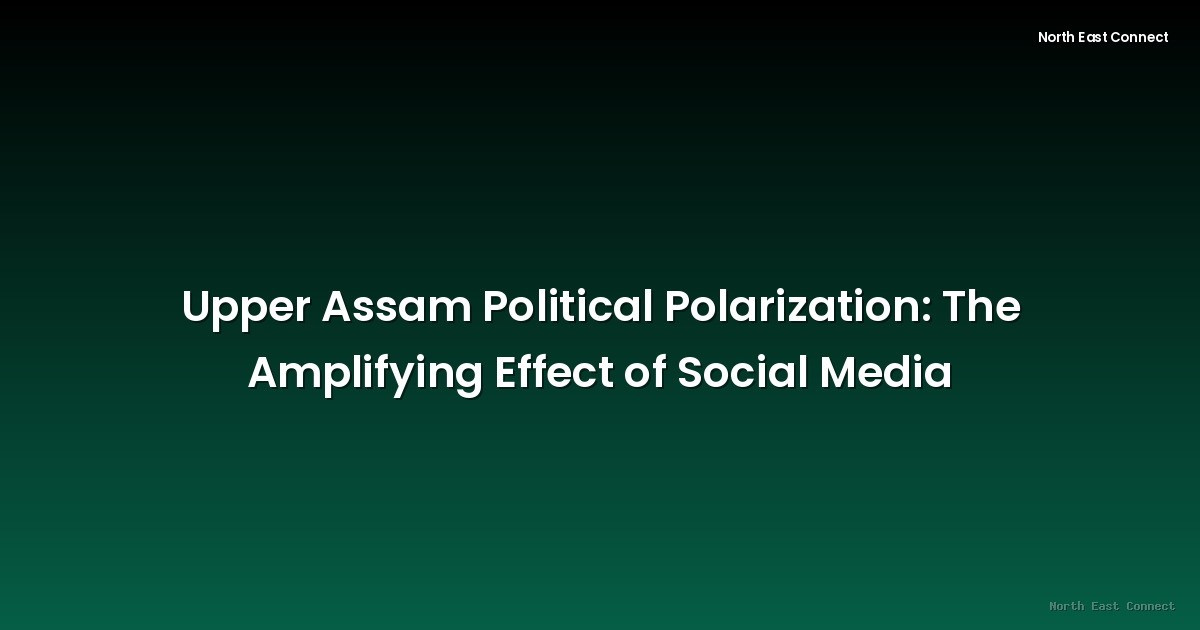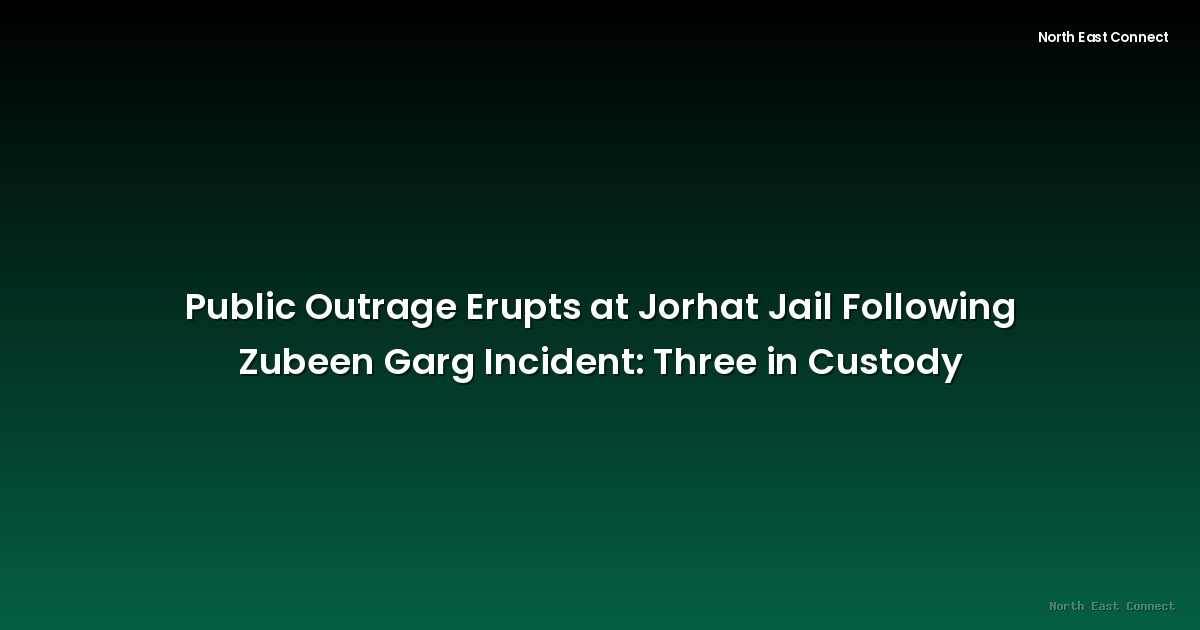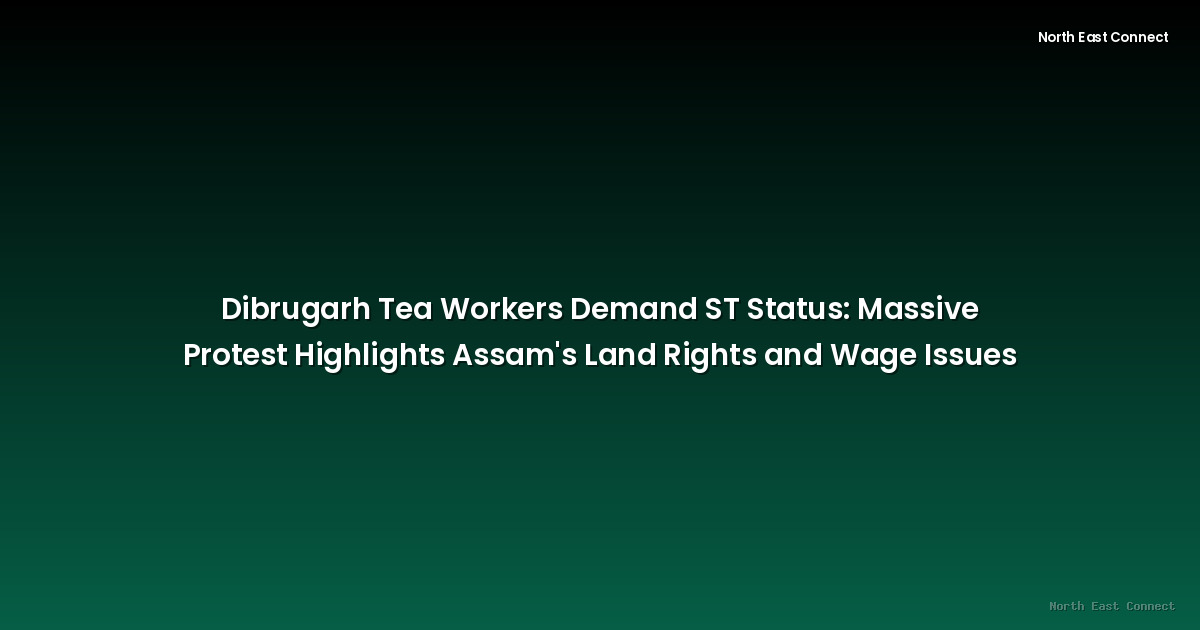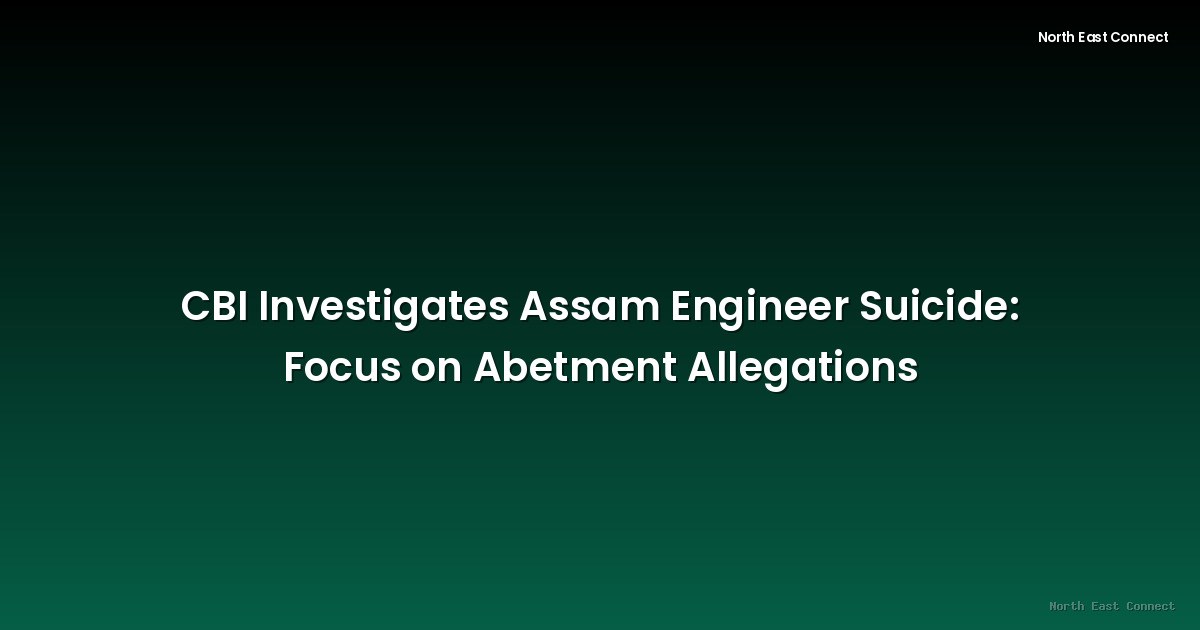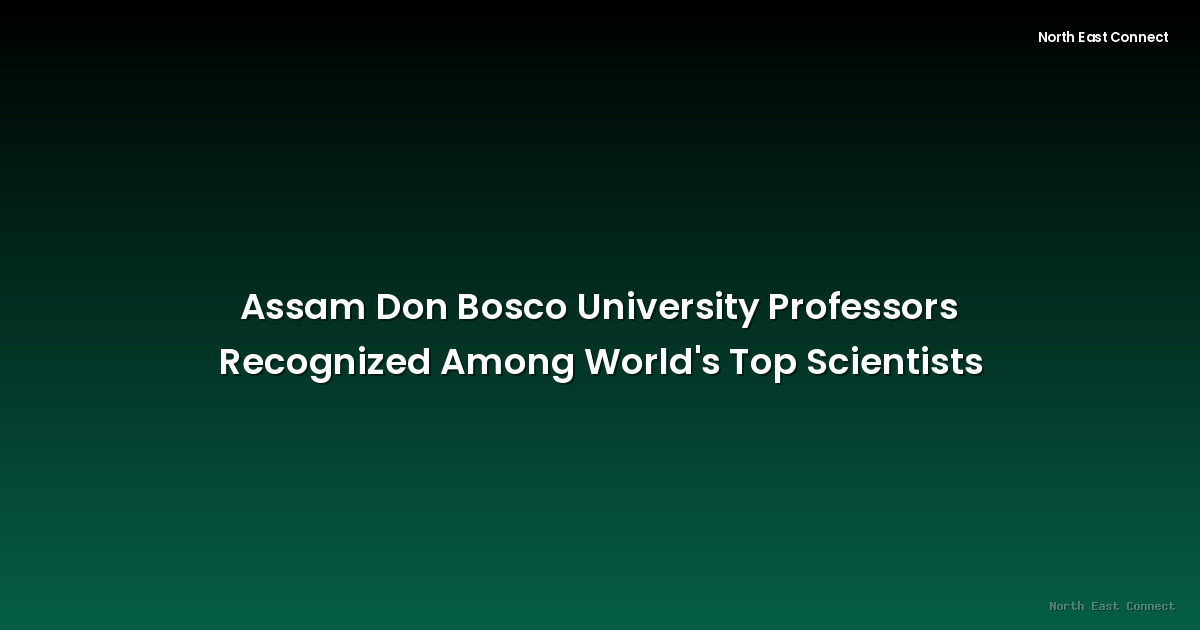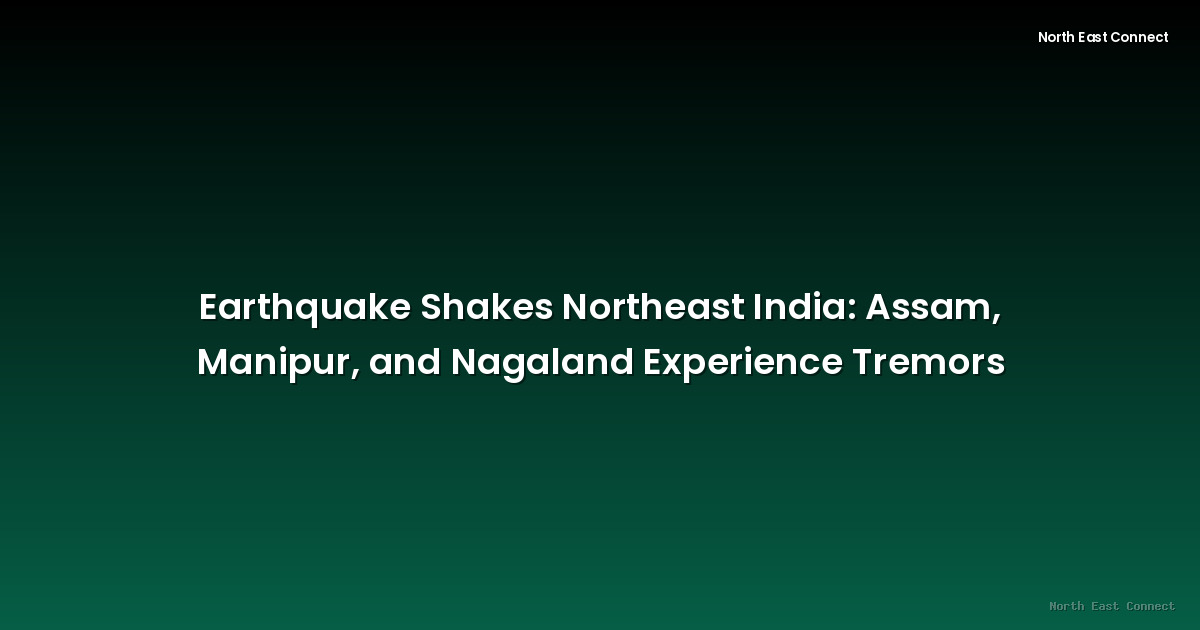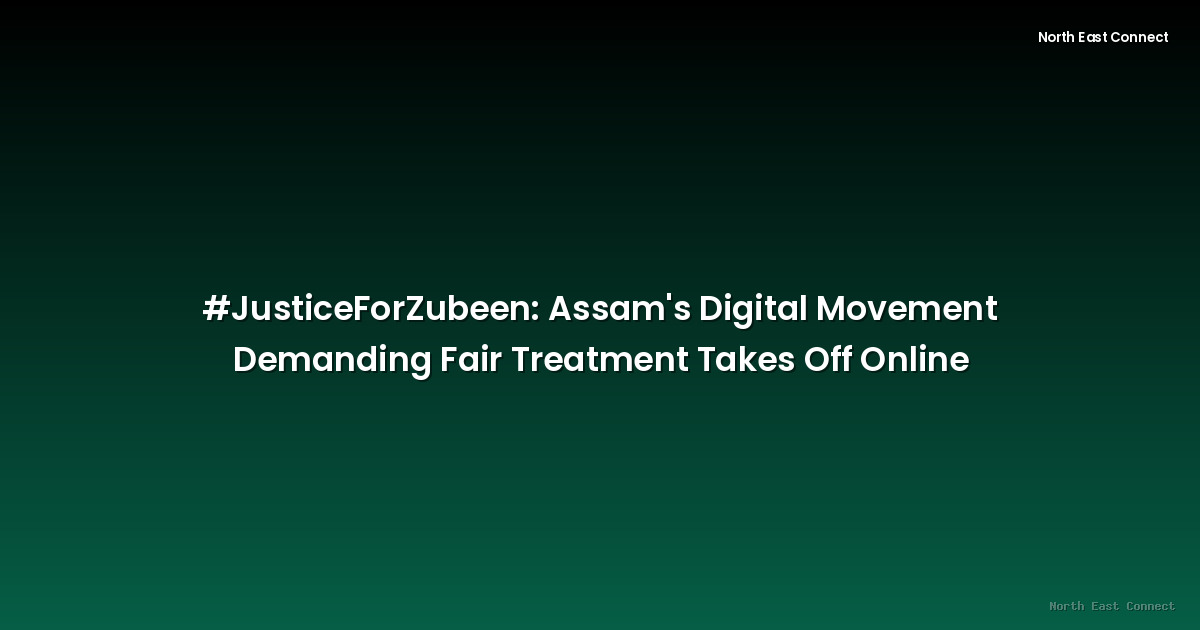2025-09-02 · News
The political landscape of Upper Assam is increasingly characterized by polarization, a trend significantly amplified by the pervasive influence of social media. While social media offers undeniable benefits for communication and information dissemination, its role in shaping political narratives in the region warrants careful consideration. This analysis delves into the multifaceted ways social media contributes to this growing division.
One major contributing factor is the rapid spread of misinformation and disinformation. Unverified claims, manipulated content, and outright falsehoods circulate freely on platforms, often without adequate fact-checking or moderation. This deluge of unreliable information makes it challenging for citizens to discern truth from fiction, fostering distrust in established institutions and contributing to a climate of suspicion and animosity. The lack of media literacy among a significant portion of the population further exacerbates the problem.
The algorithmic nature of social media platforms also plays a crucial role. These algorithms, designed to maximize user engagement, often create "echo chambers" where individuals are primarily exposed to information confirming their pre-existing beliefs. This reinforces existing biases and limits exposure to diverse perspectives, making constructive dialogue and compromise increasingly difficult. The resulting echo chambers can solidify political divisions and intensify ideological clashes.
Furthermore, targeted advertising on social media enables political actors and groups to micro-target specific demographics with tailored messaging, often exploiting existing social and economic divisions. This practice can deepen existing fault lines within society, exacerbating political polarization by emphasizing differences rather than common ground. The impact of such targeted campaigns, particularly during election cycles, necessitates further investigation.
The anonymity offered by many social media platforms also emboldens the spread of hate speech and inflammatory rhetoric. Users, shielded from direct accountability, are more likely to engage in aggressive or divisive behavior online. This can contribute to a toxic online environment that discourages constructive political discourse and fosters a climate of fear and intimidation.
Addressing this issue requires a multi-pronged approach. Increased media literacy initiatives are crucial to equip citizens with the skills to critically evaluate online information and identify misinformation. Social media platforms themselves must bear greater responsibility in moderating content and combating the spread of harmful narratives. Furthermore, government regulations may need to be implemented to ensure transparency and accountability in political advertising online. Ultimately, fostering a culture of respectful dialogue and encouraging open engagement across differing viewpoints are vital in mitigating the negative impact of social media on political polarization in Upper Assam. The future of a cohesive political environment in the region hinges on addressing these challenges effectively.

